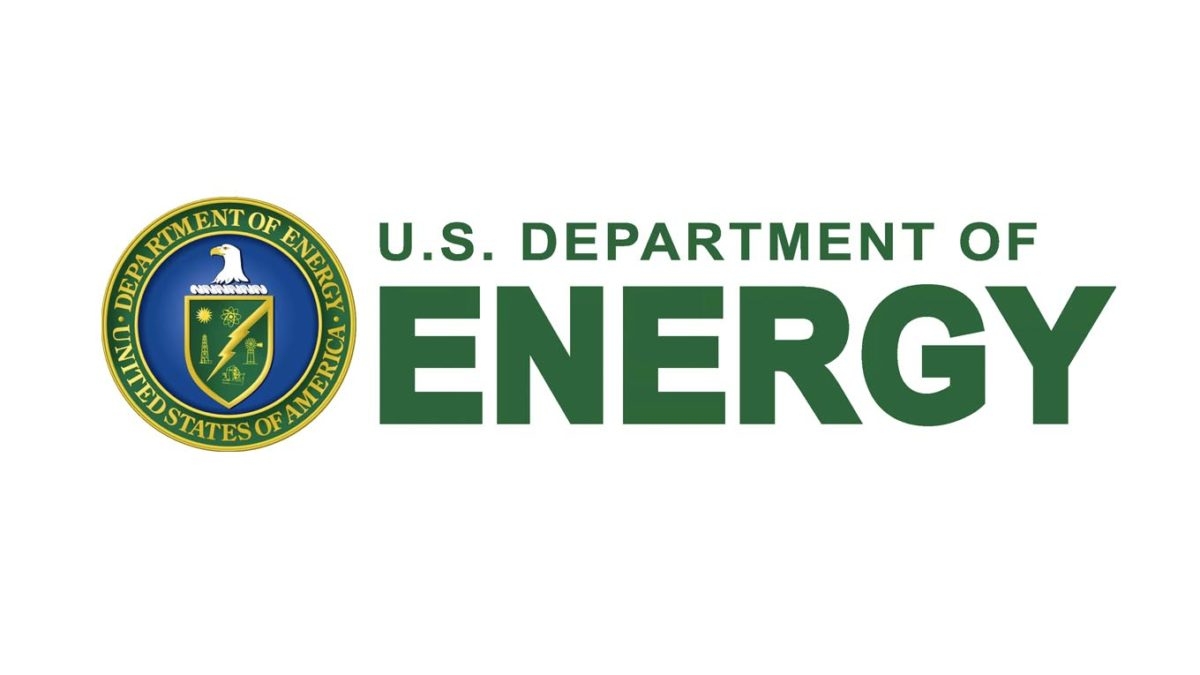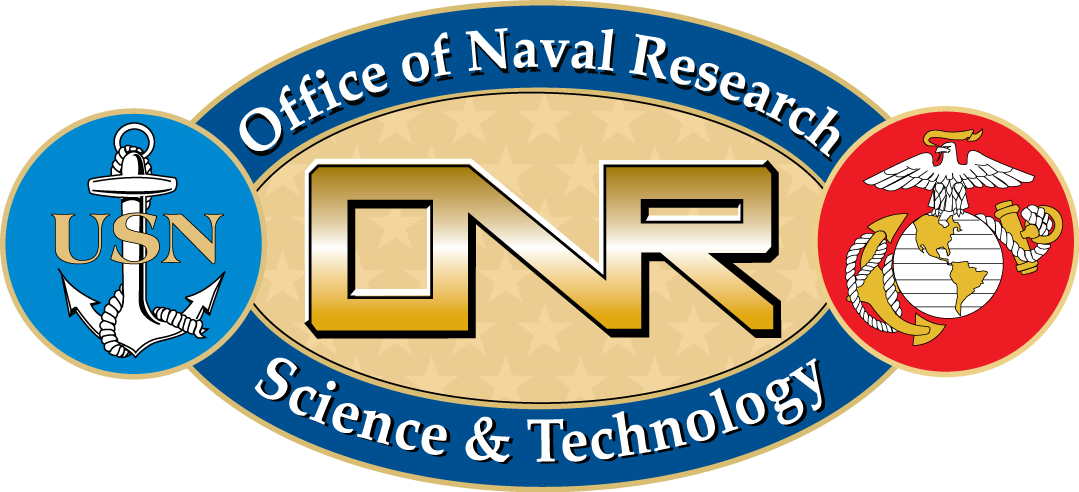The Security Frontier
Innovating for Secure and Resilient Communities >>>
Ensuring communities are prepared to face global threats, from climate change to cybersecurity to national defense through advances in preparation, defense, mitigation, and recovery.





Security Research Areas
- Climate Change
- Cloud Security
- Computer Networks
- Cryptography
- Cybersecurity
- Data Control
- Defense
- Disaster Resilience
- Economic Security
- Energy
- Environmental Security
- Infrastructure
- Mitigation
- Mobile
- Network
- Privacy
- Recovery
- Software
- Software Coding
- Water
- Web Services
- Wireless
Security Research Experts
From disaster resiliance to computer network security, Virginia Tech researchers are working to meet needs of the nation’s intelligence and defense communities and addressing global environmental changes.

Laura Freeman

Luiz de Silva

Eric Paterson

Daphne Yao
Security News
-
Article Item
 Building a safer future for AI research , article
Building a safer future for AI research , articleResearchers the university have been awarded $300,000 by the National Science Foundation to create a more resilient, responsible, and secure artificial intelligence research ecosystem.
Date: Jan 07, 2026 - -
Article Item
 University designated National Center of Academic Excellence in Cyber Defense and Cyber Research , article
University designated National Center of Academic Excellence in Cyber Defense and Cyber Research , articleThe designation through the National Security Agency recognizes programs within the Bradley Department of Electrical and Computer Engineering, the Department of Computer Science, and the Hume Center for National Security and Technology.
Date: Dec 01, 2025 - -
Article Item
 Virginia Tech research continues upward trajectory amid uncertain federal funding landscape , article
Virginia Tech research continues upward trajectory amid uncertain federal funding landscape , articleSenior Vice President for Research and Innovation Dan Sui reported to the Board of Visitors that the university's research enterprise remains on track to reach $600 million in externally sponsored research expenditures by 2029.
Date: Nov 18, 2025 - -
Article Item
 Virginia Tech National Security Institute team wins outstanding research award , article
Virginia Tech National Security Institute team wins outstanding research award , articleLeveraging artificial intelligence to detect evolving cyber attacks recently earned international honors for a team of Virginia Tech National Security Institute researchers.
Date: Nov 17, 2025 -








